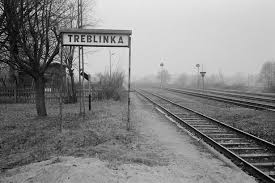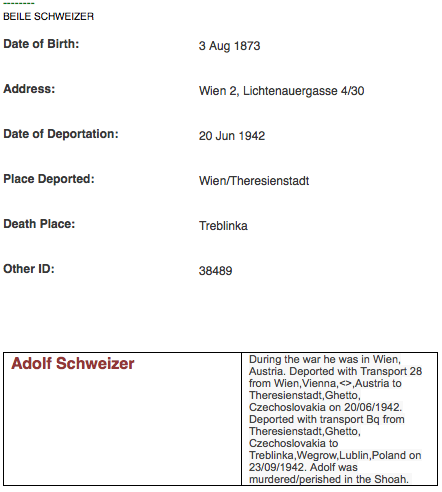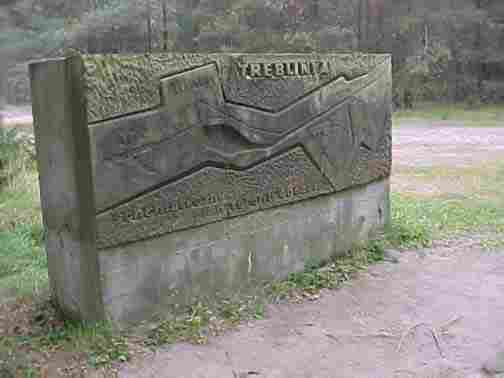
This is Day Three of the 2018 Family History Writing Challenge.
I have said from the onset that this blog is intended to focus on how members of my family lived in Vienna, not on how they died. But for a long time, all I knew about my great aunt and uncle Bertha and Adolph Schweizer was that they perished at Treblinka:

A Bit About Treblinka Death Camp
Treblinka operated between July 1942 and October 1943 in the remote forests of northeastern Poland. If the Schweizers (at least Adolf) arrived there in September 1942, that would place them among the concentration camp’s first arrivals. Lucky them. It was a very efficient camp. In total, some 870,000 people were murdered.
I avoid reading too much about the camps because I don’t want to think about the grandparents, aunts, uncles, and cousins sent there as faceless victims of unspeakable atrocities. You’ll never find Holocaust porn–photographs of stacks of bodies, mass graves, etc–on this site. But very recent events in Poland have made it difficult for me to downplay the Schweizers’ fate at the hands of the Nazis. In Poland.

Poland’s New “We Were Victims and Don’t You Dare Say Otherwise” Laws
On January 26th, the eve of International Holocaust Remembrance Day, the lower house of the Polish Senate passed a bill that, according to Time.com, makes it illegal to blame Poland for any crimes committed during the Holocaust. Introduced by the country’s ruling right-wing Law and Justice party (PiS), the law calls for up to three years in prison or a fine for accusing the Polish state or people of involvement or responsibility for the Nazi occupation during World War II. The bill passed the upper house on February 1.
The U.S. and Israel are not happy about the bill, the latter drafting legislative measures to counter it.
My mother often talked about Austria’s enthusiastic embrace of the Nazis and subsequent denial of complicity, a denial that continued for many decades after World War II. Poland now seems to be going backwards, heading down the denial road. To whatever extent Poland was, or was not, involved with Nazi policies, the country’s decision to cut off free speech about the issue is worrying. It’s part of the rise of right-wing nationalist movements around Europe–not only in Poland but also in Austria again–as well as in the U.S. In this context, attempts to whitewash, rewrite, or refuse to discuss history are especially disturbing.
So perhaps avoiding the subject of the Nazi death camps here is not a good idea. I’ll just spare you the graphic details.
UPDATE: Apparently the attempt to legislate discussions of the Holocaust backfired. According to the Washington Post, the world is now talking about “Polish death camps” — precisely the phrase that Poland’s government wanted to outlaw.

Thanks for keeping us informed, Edie.
Thanks for reading!
Well said.
Thanks!
I’m enjoying these, Edie. Keep going!
Nice to see you here, Julie!